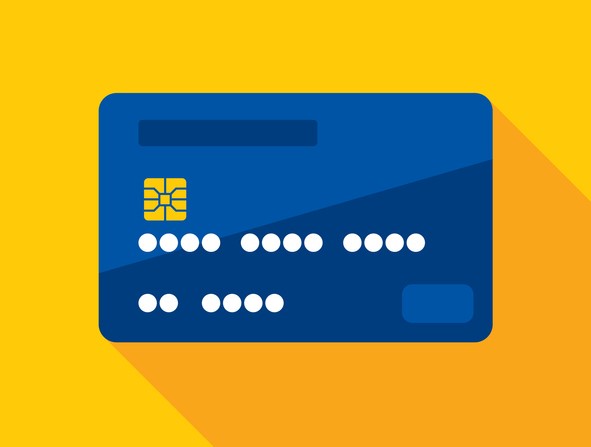How do you know if your company is insolvent?
What are the cash flow and balance sheet tests? David Kirk of Kirks explains what the warning signs of insolvency are and what you should do if you think that your company is insolvent.

What are the insolvency tests?
You can usually tell that your company is insolvent because if you are being chased for payment from suppliers and cannot afford to pay them on time or if you have asked to defer payments such as PAYE or VAT.
However, your company may be insolvent without even realising it. There are two main legal tests to decide if you are insolvent. The importance of these tests is that they are the legal tests and define the point of insolvency and when your duty of care moves from being owed to members to being owed to the creditors first.
If you treat creditors badly and let the financial position get worse, you can be liable for wrongful trading or a misfeasance claim. A misfeasance claim is a catch-all claim for breach of your duties as a director sometimes brought by a liquidator to recover funds for creditors. You should always have those duties in mind (see sections 171-177 Companies Act 2006)
The two insolvency tests are:
-
Cash flow test
The cash flow test means that you are unable to pay your debts as they fall due. You may think that you are okay because you are about to get some funding in place, or a large customer will pay but, in law, you are insolvent at this point if you cannot pay your liabilities on time. Even if you own some property that more than covers what you owe, if you run out of cash to pay suppliers then you are insolvent.
Sometimes we will need to establish on what date a company was first insolvent. The significance of this date is that it is the date from which the directors have a different duty. At this point they have a duty to creditors first before the shareholders, as they are now trading effectively using the creditors’ money and owe them a duty of care.
Businesses do not always prepare accurate monthly figures and realise the impending or actual insolvency. However, one good record of evidence to show you have failed the cash flow test and are insolvent is the inability to pay creditors who have taken you to Court (or even threatened to do so). Multiple unpaid County Court Judgments (known as CCJ’s) are a very good indicator of failing the cash flow insolvency test. This is known as the legal action test. This evidence is often used by the Insolvency Service to disqualify directors.
-
Balance sheet test
The balance sheet test means that your liabilities exceed your assets. Some businesses may not even find this out until the year end when the accountant prepares the annual figures. Failing the balance sheet test means that there are not enough assets and funds to pay off everyone in full. Share capital does not count as a liability for this test.
What are the warning signs that your company is insolvent?
There are a few indicators you need to watch out for to establish insolvency. These would include:
- Does your monthly balance sheet, if you use an accounting software package, show total liabilities exceed total assets?
- Your annual accounts show total liabilities exceed total assets. Your accountant will draw this to your attention, and you can no longer pay dividends.
- Your company receives a qualified audit report stating that you are at risk of no longer being a going concern.
- You need to ask creditors like HM Revenue and Customs for time to pay.
- You receive telephone calls and late payment letters from creditors as you are often late to pay them due to a lack of funds.
- You are taken to Court for non-payment by creditors.
- Your bank withdraws funding on your overdraft facility or calls in loans.
Lastly, you may be solvent now but be able to predict probable insolvency in the future. A good example would be the loss of a major customer. A cash flow forecast should be able to help with some projections.
What should you do if you think that your company is insolvent?
It’s very important that you do not just carry on as normal and let the financial position deteriorate – at worst you could be personally liable for the debts. You need to find out if the business can be turned around or if the financial problems are terminal.
If you need expert help you should talk to a Licensed Insolvency Practitioner. They will normally ask you to share with them your annual accounts and monthly figures. If you cannot decide if you should carry on or not, then financial projections will be useful. They are also good evidence if you decide to carry on as they show your justification to keep trading. There are many reliefs contained in insolvency legislation to help rescue your business but it cannot be left until the last minute if you are to have the best chance of surviving.
About the author
David Kirk is a chartered accountant and licensed Insolvency Practitioner at south west-based insolvency specialist firm Kirks.
See also
How do you close a limited company?
How can a Time to Pay Arrangement help with tax bills?
What to do if you receive a winding up petition from HMRC
What is the difference between wrongful trading and fraudulent trading?
Find out more
Companies Act 2006 (Legislation)
Image: Getty Images
Publication date: 5 January 2021
Any opinion expressed in this article is that of the author and the author alone, and does not necessarily represent that of The Gazette.
